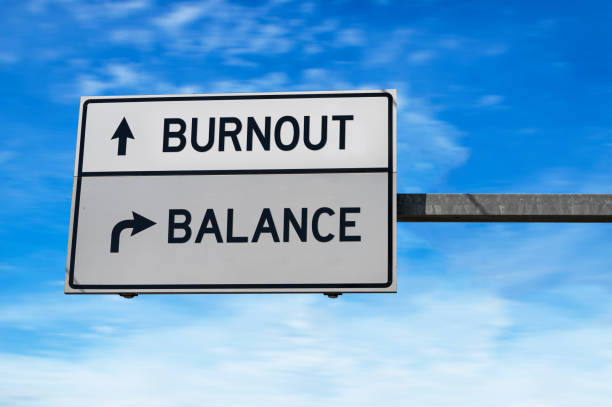Sober homes are the supportive environment that teach learn independence and how to maintain sobriety. Behind the scenes staff work tirelessly. It takes an immense amount of effort to keep the house safe and running smoothly. While it can be rewarding in the best circumstances, the nature of this work can be exhausting. House manager burnout jeopardizes both their effectiveness and their mental health. By recognizing and addressing the issue, you can maintain a sustainable and positive home. So let’s talk about strategies to prevent burnout among your sober living staff.
Establish clear boundaries. Working in a sober home can blur the lines between personal and professional. This goes double for when the house manager lives on the property. It’s essential to establish clear boundaries between work and personal time. This will prevent the staff from feeling overwhelmed and emotionally drained. Encourage your managers to spend some time outside the home.
Promote self care. Self-care is crucial for preventing burnout. Encourage your staff to prioritize their physical and mental health. Suggest they engage in exercise, hobbies, or spending time with loved ones. Providing access to a gym membership or counseling services can be great perks for your house managers.
Foster a supportive environment. It’s easy to make sure your residents are in an environment that encourages and supports their sobriety. But don’t forget to make your staff feel valued and appreciated. It can significantly impact their well being. Encourage open communication and actively listen to their concerns. When your recognize and celebrate their achievements, you’ll boost morale and motivation.
Implement stress reduction techniques. Working in a sober living can be stressful. Staff are constantly dealing with challenging situations and emotions. As part of your training for house managers teach stress reduction techniques. These vary from mindfulness, deep breathing exercises, or meditation to help manage stress levels. Consider offering a few pointers in your staff meetings or a membership to a yoga studio as a work perk.
Encourage peer support. As we know from being in the recovery world, peer support can be a powerful tool. Encourage your team to go on group outings or do team building exercises during staff meetings. Consider setting aside time at the end of your weekly meetings to bring up any concerns that the staff may have.
Provide adequate resources. Ensure that your house managers have the necessary resources and support to be effective. This includes adequate staffing levels, access to training, and support from you and the admin team. Address any shortages and workload issues promptly to prevent them from feeling overwhelmed.
Promote work life balance. Striking a balance between work and personal life is essential. It can be even more difficult in a sober living because their own recovery and that of the residents may become intertwined. Encourage staff members to use vacation days and sick leave when needed. Discourage overworking and excessive responsibilities. Make sure that you lead by example and foster a culture that values it.
Preventing house manager burnout is essential for maintaining the effective sober environment for your residents. By implementing these strategies your staff will easily be able to maintain their well being. When they are healthier and feel good about their work, they continue to make a positive impact on the lives of your residents.
Want to learn how you can use tools like One Step to effectively reduce your staff’s workload? Reach out to info@onestepsoftware.com today.

